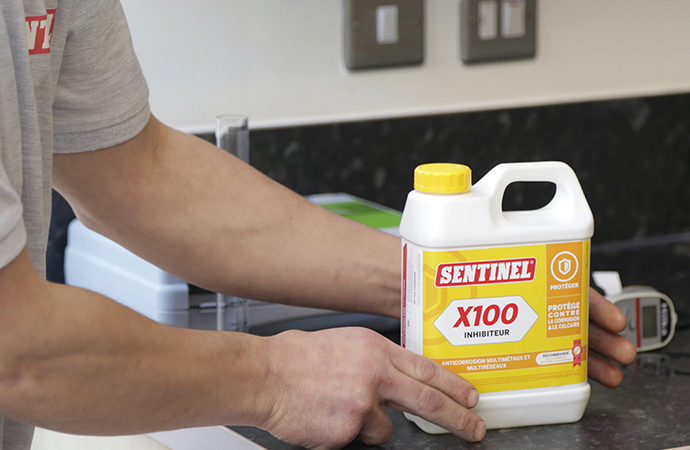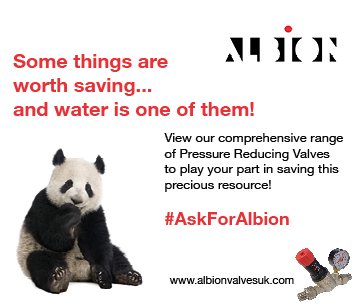Ask any householder if they like the sound of a service that can permanently protect their heating system from costly and inconvenient corrosion and limescale-related problems – especially once they understand that those issues can include boiler breakdown, poor efficiency, radiator cold spots, excessive system noise and premature parts replacements – and it’s reasonable to assume that most, if not all, would say yes. So why are so few heating and plumbing engineers offering this overwhelmingly attractive service?
To be fair, many installers will be surprised to know that lifetime protection is even possible; the process behind it is unique and has only been developed and promoted recently. But make no mistake, with the right know-how and products, a service that can prevent corrosion and limescale-induced problems for good is not only achievable but actually fairly easy to deliver.
The better question, therefore, is what is required in order to offer such a service, as discerning installers will see that lifetime protection presents a valuable opportunity to get ahead of the competition.
The gap in the market for lifetime protection becomes obvious in light of research by a major boiler manufacturer, which found that only 13% of heating systems tested on service calls had correct water treatment. Even if plumbing and heating firms were to forgo offering a lifetime protection promise, good water treatment will still help them to stand out in a very crowded industry.
CLEAN, PROTECT, MAINTAIN
Achieving lifetime protection is quite simple, requiring an adherence to the best practice system of ‘clean, protect, maintain’, in addition to the use of high-quality, boiler-manufacturer endorsed products.
Focusing on the first point, it’s important to acknowledge that delivering best practice takes practice, so training (which can be accessed in many ways, from the online Sentinel Academy to class-based boiler manufacturer training centres) is a valuable pursuit.
However, the principles of best practice are simple and worthy of expounding upon here. In short, it involves cleaning with an appropriate chemical cleaning agent to remove contaminants from system water; protection, by dosing a chemical inhibitor to prevent corrosion and limescale (a hydra-cyclone filter that captures magnetic and non-magnetic debris can also be fitted for added insurance against debris); and maintenance to ensure continued protection.
Whilst cleaning and protection are familiar concepts, water treatment maintenance is new to many installers. This potentially boiler-saving practice involves checking inhibitor concentration with a quick test kit on a regular basis and topping up, if required. Inhibitor levels can drop for many reasons, from topping up a system with fresh water (following a radiator change, for example) to a hidden leak. If this is the case, the cause should be investigated and remedied. This might involve sealing small leaks or weeping joints with a leak sealer chemical, for instance. Filters should also be cleaned.
With regard to products, know that all chemicals are not created equal – there is only one industry minimum-quality standard for inhibitors, and none for other chemicals. Ideally, boiler manufacturer-endorsed chemicals (this recommendation can be found in boiler manufacturer installation and servicing guides) from reputable, established water treatment brands should be used. Additionally, it’s vital to use the appropriate chemical for the job at hand.
For example, older systems will require a chemical cleaner that’s designed to shift heavy, stubborn sludge, while new systems will require one that will effectively remove installation debris, flux residues and greases.
A promise of lifetime protection from corrosion and limescale-related problems is a strong, bold statement that’s guaranteed to make a heating and plumbing firm stand out. Of course T&Cs would be required, such as a requirement that the same firm maintains the heating system throughout. Regardless of whether customers opt for the service, few would fail to take confidence in a firm that does.
For more information, telephone (NI) 01928 704 330 or (RoI) MT Agencies on 01 864 3363 or visit sentinelprotects.com











